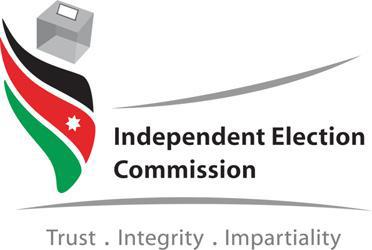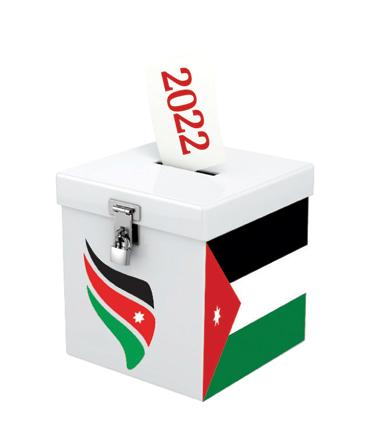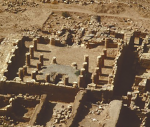You are here
SIGI calls on Jordanians to vote with ‘free will’ in upcoming elections
By Rana Husseini - Feb 14,2022 - Last updated at Feb 14,2022
AMMAN — A local women’s organisation on Monday called on Jordanian men and women to elect their representatives in the upcoming municipal and governorate elections based on their own “free will and convictions”.
“The Jordanian Constitution encouraged everyone to be part of the election process either by choosing to run for the elections or the person they plan to elect,” Solidarity Is Global Institute (SIGI) said.
In a statement that was released to the press, the organisation warned that many families and tribal groups have already “started meeting and holding informal primary elections in complete secrecy whereby they are choosing their male representatives and excluding women from the equation”.
On the day of the elections, the SIGI statement said: “The women in these families and tribes are expected to head to the polling stations to vote for the selected candidates and not the one of their own choices.”
What some of these families and tribes are doing “contradicts what came in the Jordanian Constitution that states that men and women are equal,” the SIGI statement said.
The Independent Election Commission (IEC) announced recently that the final count of individuals wishing to run for the governorate and municipal elections was 4,820 candidates, who will be competing for 1,135 seats in total.
Out of the total number of registered candidates, 867 were women, according to IEC officials.
Women will have a 25 per cent quota as well as the opportunity to win in direct competition.
In the event that the number of registered female candidates was not enough to fill the seats that are designated by the quota based on the distribution registration list, then the Local Administration minister can appoint a woman he/she chose from the eligible voters.
Some 4,602,135 people, including 2,437,340 women, are eligible to vote in the upcoming elections.
Women activists recently complained that tribal backing of male candidates and the weak financial means for female candidates are the major barriers for them to run in the elections.
Activists have also said that voters are inclined to vote for someone who has power, access to a strong network that would work to secure their needs and services, and in general, “men are more powerful and connected”.
Related Articles
AMMAN — The Independent Election Commission (IEC) on Sunday said that some 5,000 individuals were chosen to monitor the governorate and muni
AMMAN — The Independent Election Commission (IEC) on Wednesday said the final count of individuals wishing to run for the governorate and mu
AMMAN — The Independent Election Commission (IEC) on Monday said the total number of registered candidates who will run for the governorate


















